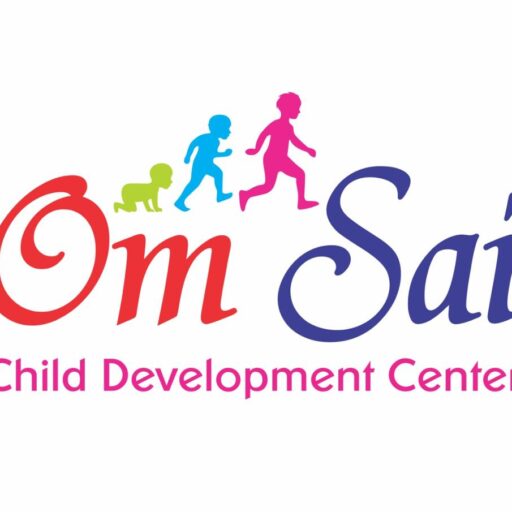Program Overview
The Early Intervention program at Om Sai Child Development Center provides comprehensive services to toddlers and preschoolers with developmental delays, high-risk conditions, or disabilities.
Focus Areas
The program focuses on five developmental domains:
1. Physical: Reaching, rolling, crawling, walking
2. Cognitive: Thinking, learning, problem-solving
3. Communication: Talking, listening, understanding
4. Social/Emotional: Playing, feeling secure and happy
5. Self-Help: Eating, dressing
Services
Children with delays in one or more of these areas receive tailored services, including:
1. Assistive technology
2. Speech and language therapy
3. Physical therapy
4. Occupational therapy
5. Cognition therapy
6. Counseling and training for family members
Referral and Assessment Process
1. Referral by a psychiatrist, clinical psychologist, or developmental pediatrician
2. Evaluation and assessment by an intra-disciplinary team of professionals
3. Development of a comprehensive, functional Individual Care Plan (ICP)
4. Sharing of the ICP with family members
Goals
The program aims to:
1. Enhance developmental skills
2. Support family members in promoting their child’s development
3. Foster independence and self-sufficiency in daily life skills
Overall, the Early Intervention program at Om Sai Child Development Center provides critical support to young children with developmental needs, empowering them to reach their full potential.
Family Expectations from EI Program Team:
1. Individual Therapy Program: Personalized therapy sessions for the child, addressing specific developmental needs, such as:
– Speech and language therapy
– Physical therapy
– Occupational therapy
– Cognition therapy
2. Mother-Child Training: Guided sessions to enhance interaction and bonding between mother and child, promoting:
– Emotional connection
– Communication skills
– Play-based learning
3. Structured Home Program: Customized activities and strategies for parents to implement at home, reinforcing:
– Developmental skills
– Daily routines
– Parent-child interaction
4. Individualized Family Service Plan (IFSP): A collaborative, family-centered plan outlining:
– Child’s strengths and needs
– Goals and objectives
– Strategies and interventions
– Family support and resources
5. Periodical Evaluation and Review: Regular assessments (every 6-12 months) to:
– Monitor progress
– Update IFSP
– Adjust interventions as needed
– Ensure family concerns are addressed
Additional Expectations:
– Ongoing communication and collaboration with the EI team
– Education on child development, parenting strategies, and advocacy
– Support and guidance for transitioning to preschool or other services
– Connection to community resources and networks
– Empowerment to make informed decisions about child’s care
Family Benefits:
– Enhanced understanding of child’s development and needs
– Improved parent-child interaction and bonding
– Increased confidence in supporting child’s growth
– Access to specialized therapies and expertise
– Personalized support and guidance
By working together with the EI program team, families can expect a comprehensive and supportive approach to addressing their child’s unique needs, promoting optimal development and well-being.



